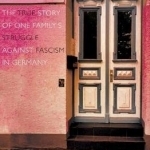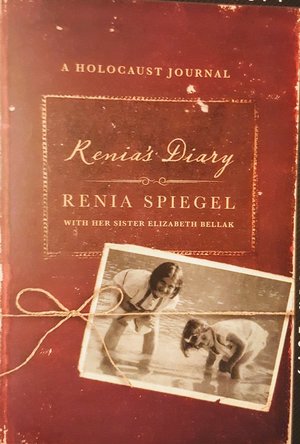
A Most Unlikely Man: A Tale of Resistance
Book
Isadore Levinsky is a survivor. No stranger to concentration camps, he's been freighted by boxcar to...
Historical Fiction Magical Realism
ClareR (6067 KP) rated The Seventh Cross in Books
Aug 22, 2018
This story is jam packed with characters from all sides of the German story: National Socialists, Communists, the SS and the ordinary working German,
Georg Heisler (I’m using the German derivative of his name; I have no idea why his name was anglicised to ‘George’ whilst other characters kept their German names) escapes from a fictitious concentration camp (Westhofen) along with six other men. This is pre World War II, this is what the National Socialists did to their own countrymen and any dissent.
The story follows the recapture of the other six, Georg’s escape and all those who help him. Persecution on this scale is still happening today, and whether or not it is happening, we should still read about it and remember, in order to ensure that it doesn’t happen again.
I’ve touched on the language and style. It’s not easy. It wasn’t easy to read and understand in German, and it can be hard going in English. It seems quite detached from emotion, and I think this is a deliberate device. If we look at the historical context, people clearly disengaged froma large part of what was happening around them. One of the SS soldiers refers to “Sarah’s”; the men in the concentration camp are there being starved and tortured due to their political ideology, and people live within hearing distance, hear the shouting, crying and the pain of the prisoners and do nothing: an embarrassed shrug, a closing of their ears.
This is the part that we should never forget: inaction, and the necessity to stop these things in their tracks at the beginning, rather than before it’s too late.
Georg has his helpers, those who risk their lives to save his (just as Seghers and her husband, both communist Jews had their helpers). The startling thing to me about this novel, is the normalcy: the countryside stays the same, the relationships, work. All seemed normal in the face of such evil. This is a novel to remember and learn from. It has as many lessons for us today as it did seventy years ago,
Dianne Robbins (1738 KP) created a post
May 26, 2019

The Last Gentleman of the SAS: A Moving Testimony from the First Allied Officer to Enter Belsen at the End of the Second World War
Book
In 1945, John Randall was the first Allied officer to enter Bergen-Belsen - the concentration camp...

A History of the 20th Century in 100 Maps
Tom Harper and Tim Bryars
Book
The 20th century was a golden age of map-making, and maps permeated almost every aspect of daily...

My Crazy Century
Book
More than a memoir, My Crazy Century explores the ways in which the epoch and its dominating...

Gertigstrasse 56
Book
A gripping narrative account of one family's struggle against fascism in Germany. Spanning...

Renia's Diary: A Holocaust Journal
Renia Spiegel and Elizabeth Bellak
Book
Renia's Diary: A Holocaust Journal by Renia Spiegel, with her sister Elizabeth Bellak This is the...
Jewish Holocaust Diary Poland Polish Nazi

Outcry: Holocaust Memoirs
Book
Manny Steinberg (1925-2015) spent his teens in Nazi concentration camps in Germany, miraculously...

The Nazis Next Door: How America Became a Safe Haven for Hitler's Men
Book
The shocking story of how America became one of the world’s safest postwar havens for Nazis ...
